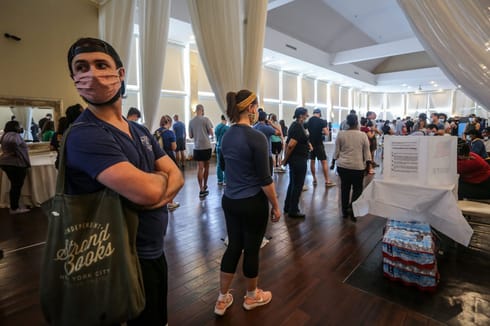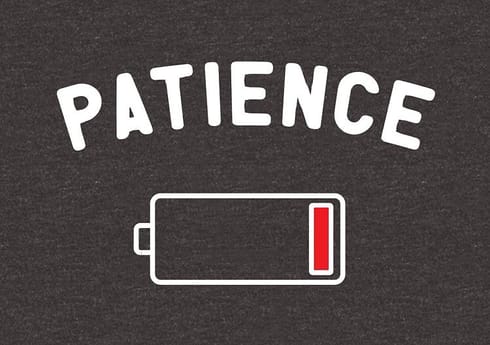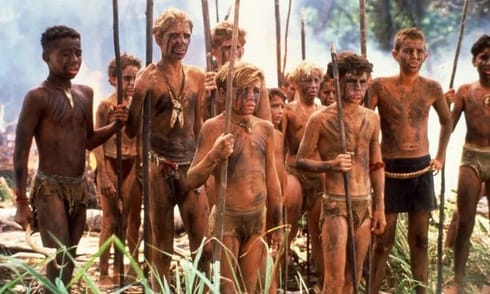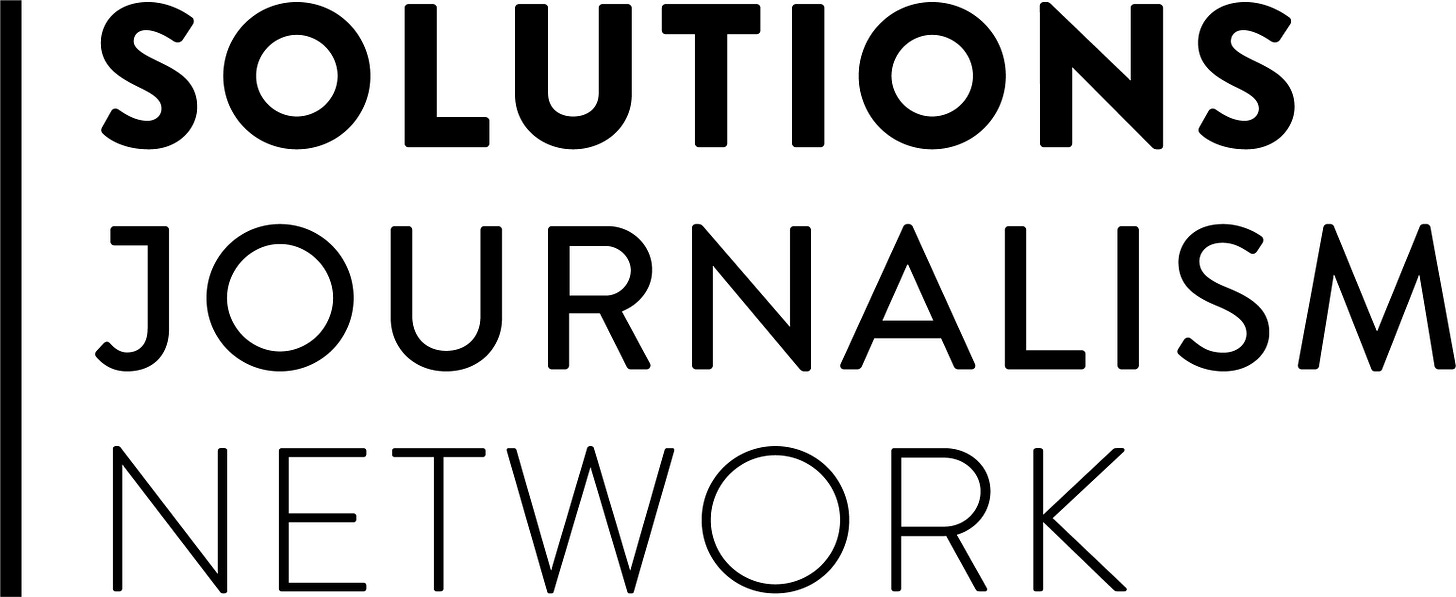
Voting in America is an ethical dilemma
Try as we might, we can’t live a life free of ethical dilemmas. We all have a range of values that matter to us. Dilemmas happen when those values come into conflict with each other.
For many Americans, the next big dilemma they face will be when they vote. Because of our two-party system, we have few candidates to choose from for each office. And if you are like the vast majority of Americans, you don’t fully agree with any candidate. Personally, I’ve never once voted for a candidate who represented all of my values.
The challenge is this: if integrity means holding consistently to our values, how can we maintain our integrity and vote for someone who fails to align with all that matters to us?
You’ll face this dilemma no matter how you vote. Here are some things to do so you vote with more integrity.
1. Don’t vote single-issue.
Balancing competing values is hard, and that’s why we look for just one value to come out on top. It’s good to keep things simple, right? Well, when we vote single-issue, the moral math remains complicated even if we try to paint over it. Whether we turn our sole focus to the economy, abortion, gun rights, or the environment, we’re not making a more ethical choice, we’re making a false one.
The reality of choosing in a dilemma is that some things we value will be placed lower than others. But that doesn’t mean we should pretend that those lower values cease to exist. Nor should we find excuses to minimize them. We know how complex life can be, and we manage it accordingly. We can vote for complex reasons, too.
Our single-issue vote turns into our moral failing when it becomes a hall pass for any shameful things our candidate might do. To say, “Well at least they…” is to give them your permission for something you know is wrong. It hurts your integrity.
We don’t live single-issue lives. We shouldn’t vote that way, either.
2. Do more than vote, especially if your candidate wins.
We have just one vote, and it won’t be cast for a flawless public servant. But to acknowledge where our candidate fails feels like admitting our choice was a failure, too. So to feel better about ourselves, we turn our vote into a loyalty pledge.
A candidate doesn’t earn your silence just because they earned your vote. If your candidate wins, hold them accountable for what they do wrong. It’s not hypocritical. In reality, it’s the only way to maintain your integrity.
Also, voting isn’t the only thing we can or should do as citizens. We have a wide range of citizen powers at our disposal, from phone calls to protests to ballot initiatives. We are duty bound to use them for good no matter who is in office. Turning a blind eye to our politicians’ failures just means we are half-blind to our own values.
3. Hold all the candidates to the same standards.
This last one is very hard for most people, me included. When our opponents do wrong, we’re there to pounce. When our team does wrong, we’re silent. The difference isn’t the behavior, it’s the tribe.
Our hypocrisy here reveals the painful reality: we don’t value integrity, virtue, or honesty as much as we think we do. Instead, we value a punch that lands. If our side is the only thing that matters to us, good principles are merely weapons instead of standards. It’s hard to see ourselves as partisans first.
I’ve hesitated to publish this article precisely because of that reason. My worry is that people will share what I’ve written as a way to shame others, accusing the other side—even friends and family!—for lacking integrity. Sadly, politics is a vast minefield of ethical dilemmas. We ought to be guides and medics for each other as we navigate through together.
Seeing Good at Work
We’ve become accustomed to digital technology as a source of conflict. Build Up is turning it into a solution. Working around the globe, Build Up uses deep research and innovative social media to foster peace in places like Lebanon, Syria, Myanmar, and Ukraine.

Build Up also offers free online courses to peacebuilders who need help magnifying their efforts with digital tools. Its ultimate goal is to reduce the polarization that is threatening our societies. To learn more, I encourage you to start with their latest annual report (PDF).
Promotional Stuff
I’ve mentioned this before, but I will be giving a free webinar next week on how Ethics Is a Skill. If you’re interested in learning how to better manage the ethical dilemmas in your professional life, click here to sign up.





